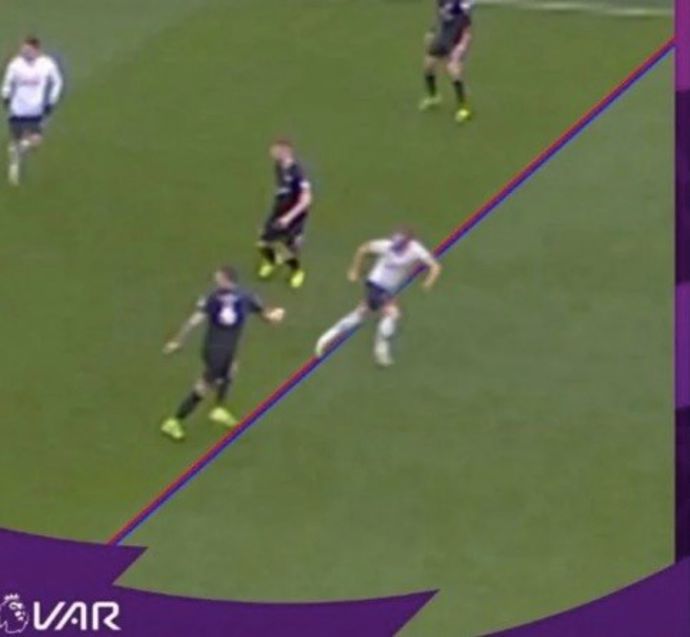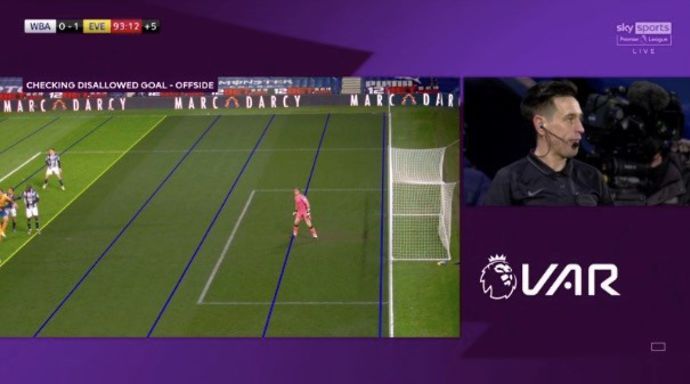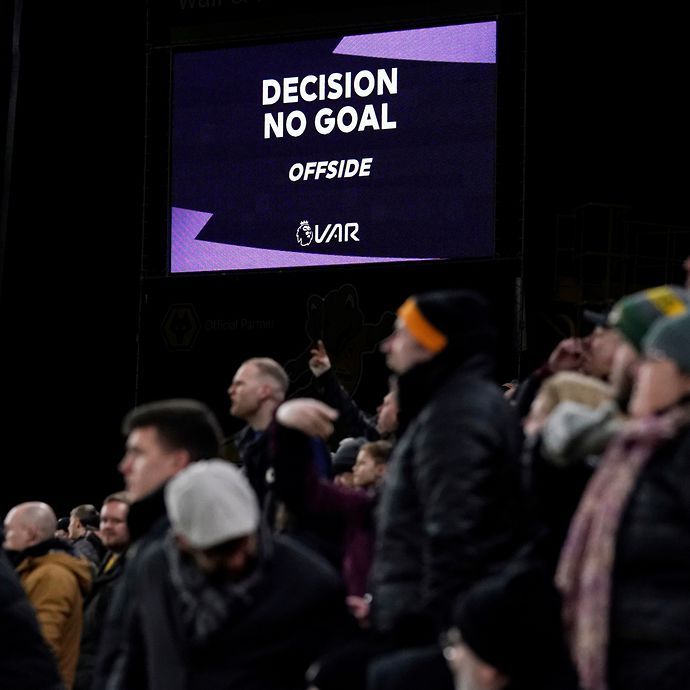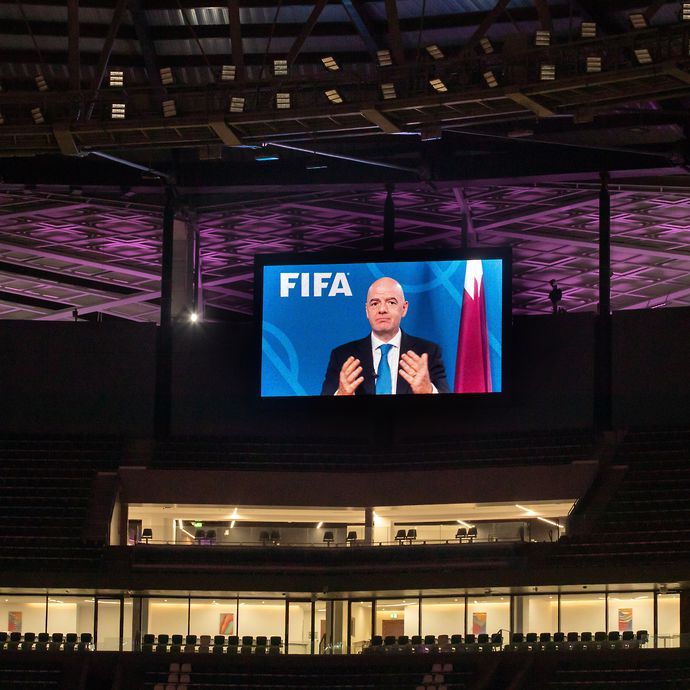Arsene Wenger is one of the most fascinating minds in the beautiful game.
Having revolutionised how coaches approached Premier League football in the late 1990s, the ex-Arsenal coach has turned his attentions to the sport as a whole since hanging up his long coat.
Wenger currently occupies the position of FIFA's chief of global football development and has been making headlines around the world for his revolutionary ideas on the offside law.
Wenger's offside ideas
The French footballing mind has posited the idea that an attacking player would still be onside as long as one body part that they can use to score was level with the second-last opponent.
Fifa president Gianni Infantino confirmed in March that football's governing body was going to conduct trials on Wenger's new proposal, which could change the nature of the sport forever.
“So it is giving the attacking player a bit more room and so favouring attacking football," Infantino explained per the Evening Standard. "Obviously such a change would need to be tested.
"We have to see what kind of impact this will have on the game - if positive, if negative.
"But we are always here, like we did for VAR, to be open to new ideas and if we can make football even more attacking, even more passionate, then we certainly look into that. If it is positive, we might go ahead. If it is negative, we step back."
Potential changes at 2022 World Cup
However, Wenger's tweaking with offside laws might not end there because the ex-AS Monaco coach has now claimed that semi-automated linespeople could be used at the 2022 FIFA World Cup.
The idea would be to incorporate automatic decisions to provide more accuracy and also to limit the amount of time deliberating, which would improve the experience players and fans alike.
According to Sky Sports, Wenger told FIFA's Living Football television show: "The automated offside I think will be ready for 2022. Automated means it goes directly from the signal to the linesman and the linesman has on his watch a red light that tells him offside or not offside.
"At the moment, we have situations where the players are on lines to see if they are offside or not. On average, the time we have to wait is around 70 seconds, sometimes one minute 20 seconds, sometimes a little bit longer when the situation is very difficult to appreciate.
"It is so important because we see many celebrations are cancelled after that for marginal situations and that's why I believe it is a very important step.
"The semi-automated goes first to the VAR, who signals it to the linesman. I'm pushing very hard to have the automated offsides, which means straight away the signal goes to the linesman."
FIFA uneasy about full automation
A semi-automated system was tested at the 2019 FIFA Club World Cup and football's governing body are insisting that technology will only be used to supplement the official's final decision.
However, in a world where VAR has flaunted the dirty laundry of football's minutiae, I can't be alone in championing the fact that Wenger is kicking about fascinating ideas at such a corporate level.
Whether or not we'll get to see the semi-automation in Qatar remains to be seen, but anything that allows fans and players to celebrate without hesitation is music to my ears.





















